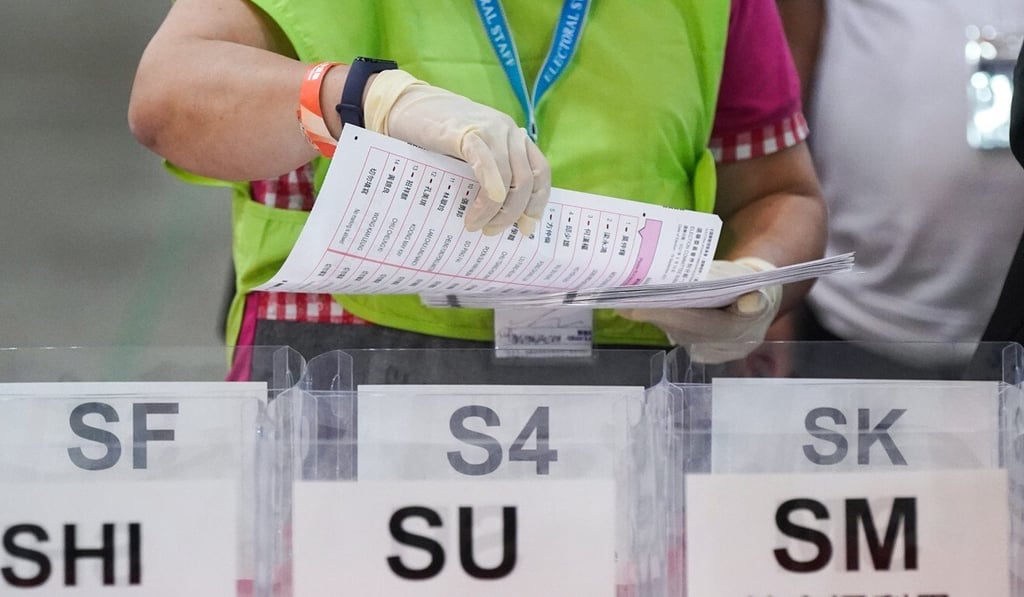Hong Kong’s Election Committee finalised after marathon vote-counting process, with outlier candidates left in the cold
- Analysis indicates only those who ran together on so-called coordinated lists achieved success, with those running alone often losing by wide margins
- Officials, meanwhile, apologise for ‘unreasonable’ time spent tallying 4,380 ballots, which left candidates asking why they had to wait overnight for results

The announcement of the winners came with a public apology from electoral officials for the “unreasonable” time it had taken to tally only 4,380 ballot papers to decide the composition of the committee that will not only choose the city’s next leader but also nominate lawmakers and field candidates for the legislature.

Only those who pooled their candidacies together in “coordinated lists” won seats in the 1,500-strong Election Committee, while outliers who ran independently – despite being part of the Beijing-friendly bloc – were unsuccessful.
Electoral officers finally announced the last batch of results from the labour subsector at 7.35am, 13½ hours after polling stations closed.
While the delay drew the ire of candidates and embarrassed the government, and critics questioned the representativeness of the entire exercise, Beijing’s liaison office in the city hailed it as marking a “major step in Hong Kong’s democratic development with its own characteristics”.
